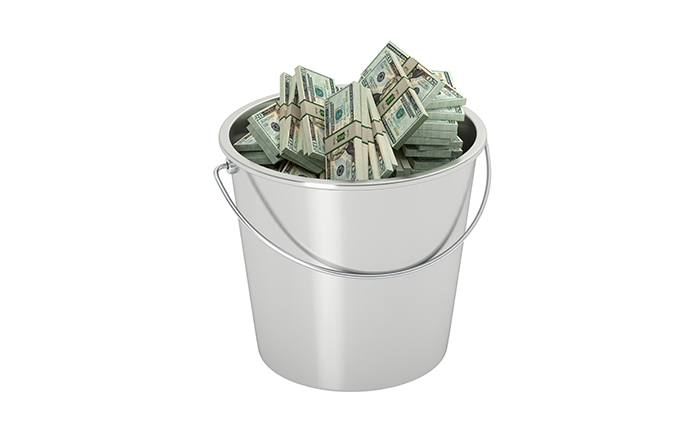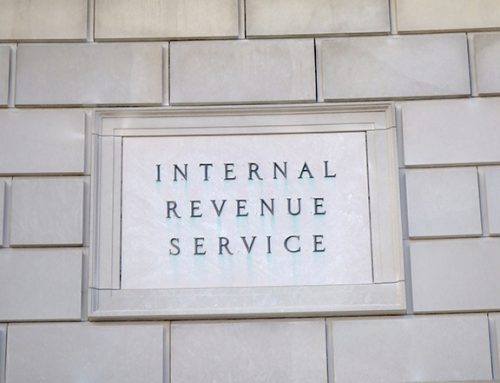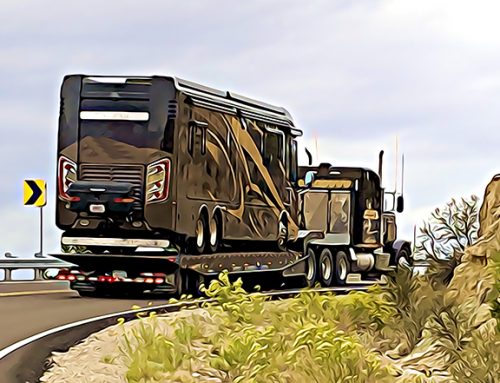By Ryan Hanlon
For RV dealers, one of the biggest benefits to forming a reinsurance company is the ability to convert the expense of selling service contracts into an asset.
What do I mean by expense? Well, for example, when you sell a service contract for $2,500, your dealership makes a $1,500 profit (your commission) and sends the remaining $1,000 (the premium, or “remit”) to the service contract provider. When you own a reinsurance company, the provider sends the premium to your reinsurance company, less the cost of claims and expenses.
This ability to earn underwriting profits and invest premium that would otherwise flow to an insurer or factory has made thousands of dealers wealthier and more financially and functionally independent than those whose income is solely derived from selling and servicing RVs.
You Have to Earn It
The word “reinsurance” refers to the transfer of risk between an insurer and a reinsurance company. Reinsurance programs for RV dealers take many forms; for most, the goal is to enter a true third-party reinsured structure, in which your reinsurance company assumes the risk of claims and keeps the underwriting profits, i.e. premium not paid in claims.
Premiums are “unearned” until the claims risk expires, at which point they become “earned” (or “surplus”). Naturally, some of the contracts you sell will pay out more in claims than the premium they generated. Most will not, and if you are properly managing your pricing and risk, you will almost always come out ahead.
Once you have formed your reinsurance company, your underwriting profits are driven by dealership production and claims experience. But your reinsurance company doesn’t belong to your dealership. It belongs to you, and with time and careful management, it can grow quickly, creating a bucket of cash you can put to work for you, your family and your business.
Your Asset, Your Choice
The fact that your reinsurance company is your own personal financial asset means that you get to decide how best to leverage it. For RV dealers, that could mean a combination of:
- Loans from earned (and, depending on the provider, unearned) premiums.
- Investments, including investment accounts and reinsurance company-funded purchases.
- Off-balance sheet items to improve your credit profile.
- A more favorable tax position thanks to lower rates for qualified dividends.
We will discuss each of these aspects in the weeks ahead. Until then, as always, do not hesitate to reach out with any questions about reinsurance or your current program.
Ryan Hanlon is a managing director for Portfolio, a leading provider of reinsurance and F&I programs for RV dealers, and a 16-year industry veteran. For more information or to schedule a confidential consultation with a Portfolio reinsurance expert, email inquiry@portfolioco.com today.










